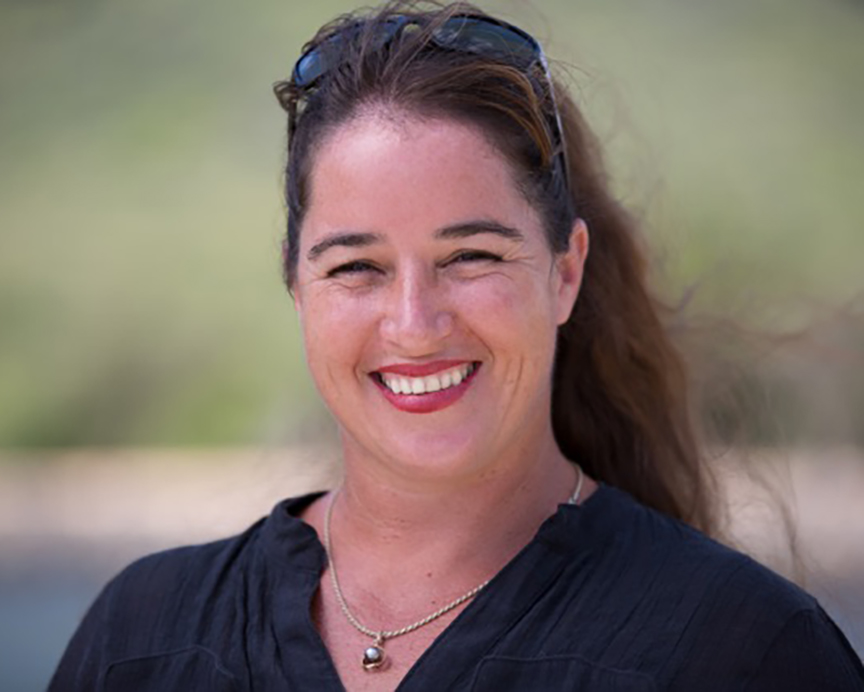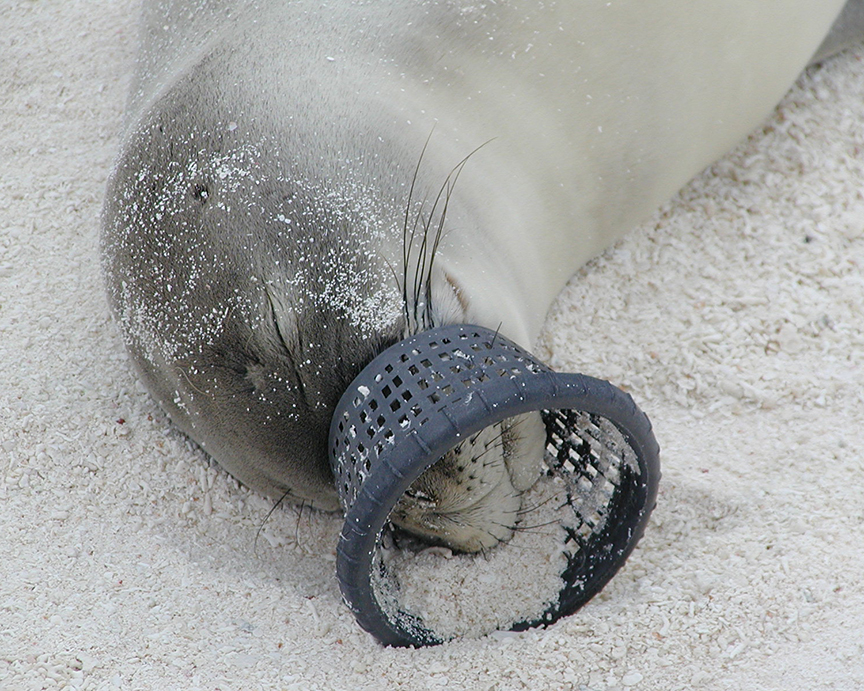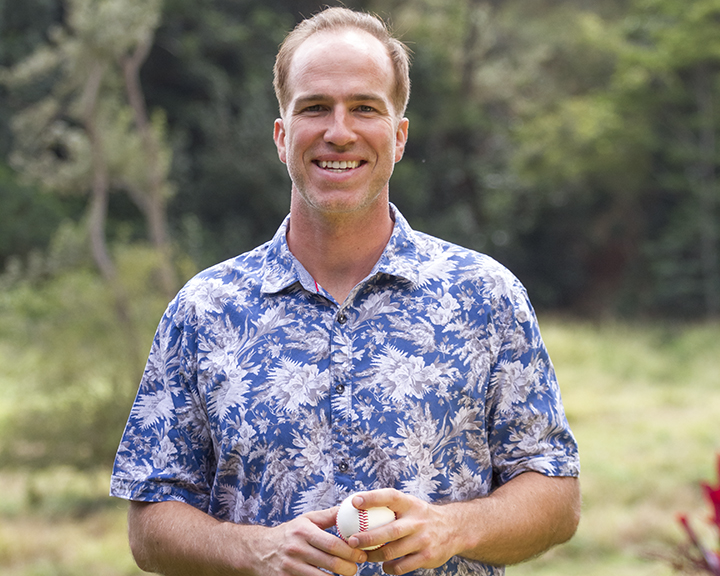
Inside the Institute for Biogenesis Research at the John A. Burns School of Medicine at the University of Hawai‘i at Manoa.
The National Institute of Health recently awarded a $10.8 million grant for the Institute for Biogenesis Research at the John A. Burns School of Medicine at the University of Hawai‘i to continue its groundbreaking work in reproductive and developmental biomedical research.
The Institute laid the scientific foundation for human in vitro fertilization under founder Dr. Ryuzo Yanagimachi, whose assisted reproductive methods — including intracytoplasmic sperm injection — are still being used around the world to help infertile couples have children.
IBR Director Dr. Steven Ward said the grant is a “very good measurement of success” for the institute.
“Any research institute is measured by its notoriety worldwide, which we’ve also had recently,” Ward said. “It is measured by the success of its faculty members, and by the amount of federal dollars it can bring in. So we’re very pleased that we were just awarded this second $11 million grant.”
The Institute also cloned the world’s first mouse and has developed new, more efficient methods to produce transgenic mice, rabbits, lambs and pigs. The animals glow green under black light, demonstrating a more-efficient genetic manipulation technique developed in Hawai`i. That technique may lead to new and competitively efficient ways to produce medicines.
IBR scientists competed with researchers all over the U.S. to win this phase-two “Centers of Biomedical Research Excellence” award. The new grant brings the Institute’s total research dollar awards to nearly $40 million dollars in the past 15 years.
Ward said Hawai`i residents benefit from the research award, because nearly all of the funds are spent here in the Islands.

ICSI, or intracytoplasmic sperm injection, is the method used around the world for in vitro fertilization. It was developed by the Institute for Biogenesis Research.
“The $10.8 million grant that we just brought in, 80% of that, or $8.7 million of that goes directly into the Hawai‘i economy,” Ward said.
Research grants awarded to the medical school also help support operations of the UH as a whole. That is because half of all research money the medical school brings in goes to UH Mānoa and the UH System for them to spend in Hawai`i.
The Institute for Biogenesis Research has 14 faculty members. The grant is from the National Institute of General Medical Sciences.
Visit http://jabsom.hawaii.edu for more information.
Discover more from ForKauaiOnline
Subscribe to get the latest posts sent to your email.






Leave a Reply